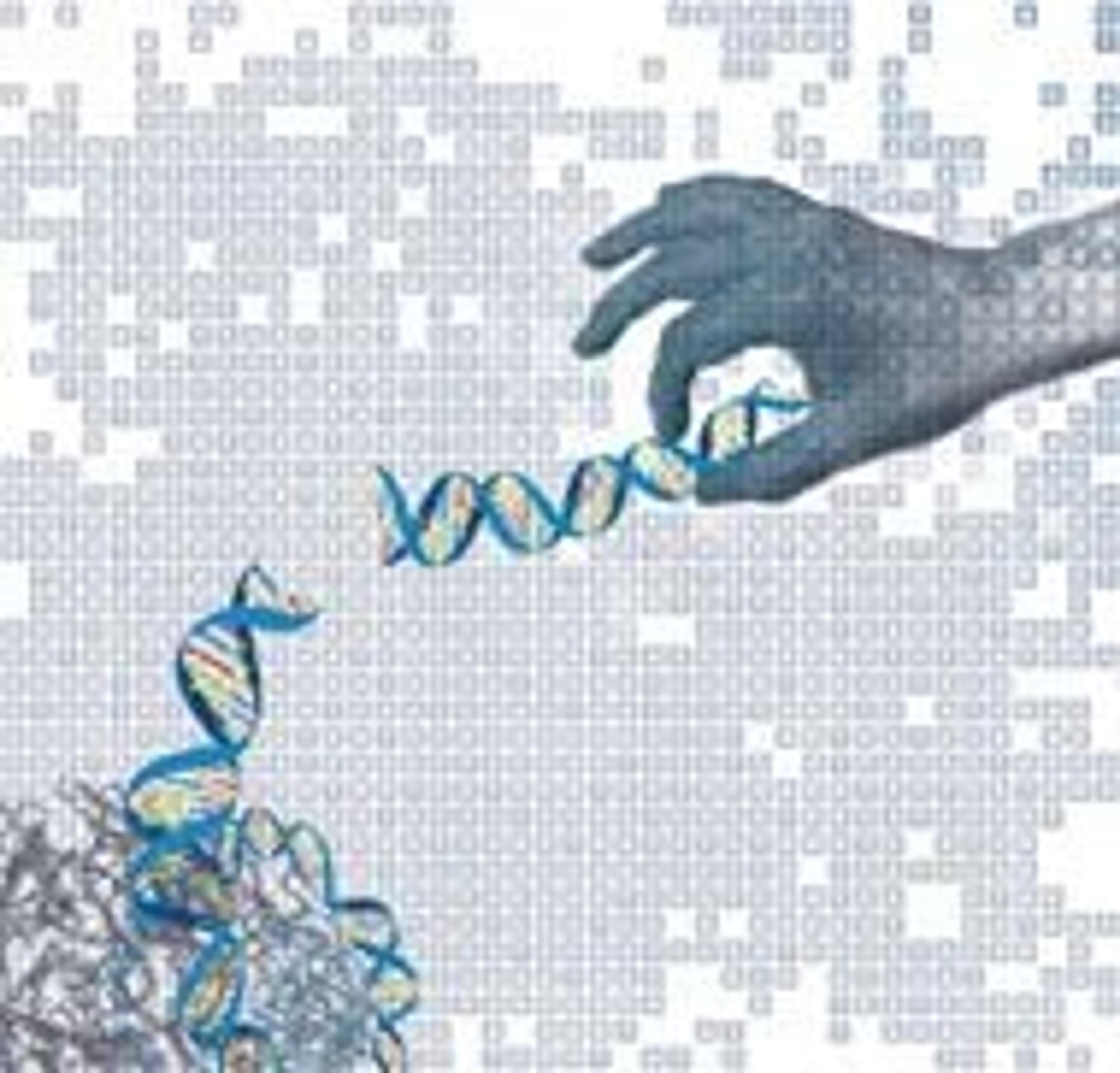Wheat, Barley and Maize Target Enrichment Designs for Exome Sequencing Available from Roche NimbleGen
21 Nov 2013
Roche announced the release of SeqCap EZ Exome Designs for target enrichment of the wheat, barley and maize genomes. These agriculture exome designs were developed with key opinion leaders in crop genome research. The goal is to provide researchers a cost-effective and easy-to-use alternative sequencing method beyond whole genome sequencing.
The Wheat Barley Exome Consortium (WBEC) worked closely with Roche NimbleGen to develop both the Wheat and Barley Exome Designs for public use. The WBEC is a collaboration of researchers from the University of Liverpool, Leibniz Institute of Plant Genetics and Crop Plant Research (IPK), James Hutton Institute, Kansas State University, University of Minnesota, University of Saskatchewan, and BIOGEMMA.
The Maize Exome design resulted from the collaboration between Roche NimbleGen and researchers at Iowa State University and the University of Minnesota. It is based on a comprehensive collection of the exon content from a range of North American lines of maize and maize relatives from the Zea genus.
“Using NimbleGen's target enrichment design in a maize GWAS study allowed us to focus our sequencing resources on the exome, which proved to be a more rapid and cost-effective method to identify trait associated loci over traditional detection methods,” said Dr. Patrick Schnable, Distinguished Professor and Director, Center for Plant Genomics at Iowa State University.
The advancement of plant genomics research is critical to agriculture, energy, forestry, environment and many other fields globally, where plant genomes bring a unique set of challenges to researchers. Whole genome sequencing, a commonly used approach, has been less than efficient for many applications as a cost-prohibitive and time-consuming process. With the availability of these crop exome designs, Roche NimbleGen is providing the agricultural research community an efficient tool for in-depth analysis of complex traits in genomes that are relevant to potential breeding programs.
“We are very pleased to have had this opportunity to work with leading plant genomics scientists to advance the study of the significant variations in crop genomes The inherent advantages of the Roche NimbleGen enrichment technology enable us to continue to lead in custom designs and unconventional genomes," said Dan Zabrowski, Head of Roche Sequencing Unit. “This work is another step of our committed effort in expanding our product offerings for efficient and effective tools to advance genomic research in key areas including agricultural biology.”

